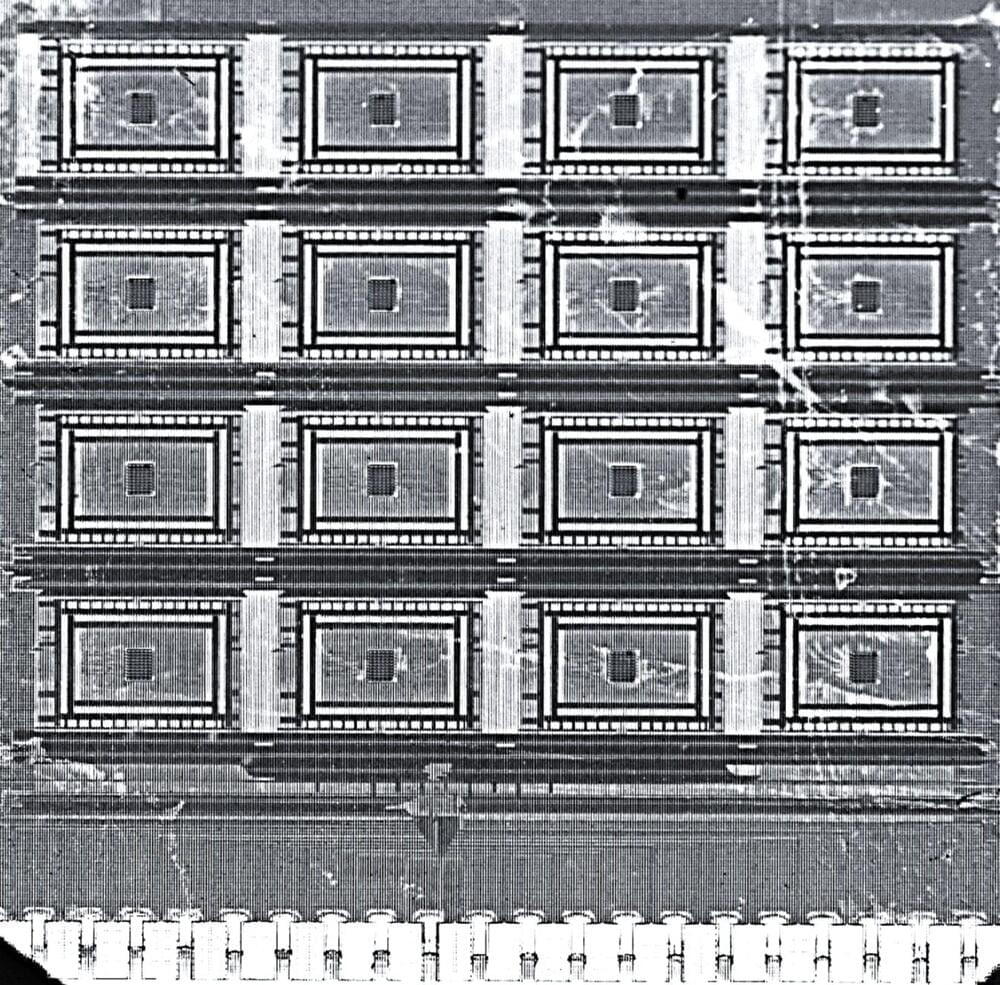Over the past few decades, the performance of machine learning models on various real-world tasks has improved significantly. Training and implementing most of these models, however, still requires vast amounts of energy and computational power.
Engineers worldwide have thus been trying to develop alternative hardware solutions that can run artificial intelligence models more efficiently, as this could promote their widespread use and increase their sustainability. Some of these solutions are based on memristors, memory devices that can store information without consuming energy.
Researchers at Université Paris-Saclay-CNRS, Université Grenoble-Alpes-CEA-LETI, HawAI.tech, Sorbonne Université, and Aix-Marseille Université-CNRS have recently created a so-called Bayesian machine (i.e., an AI approach that performs computations based on Bayes’ theorem), using memristors. Their proposed system, introduced in a paper published in Nature Electronics, was found to be significantly more energy-efficient than currently employed hardware solutions.
